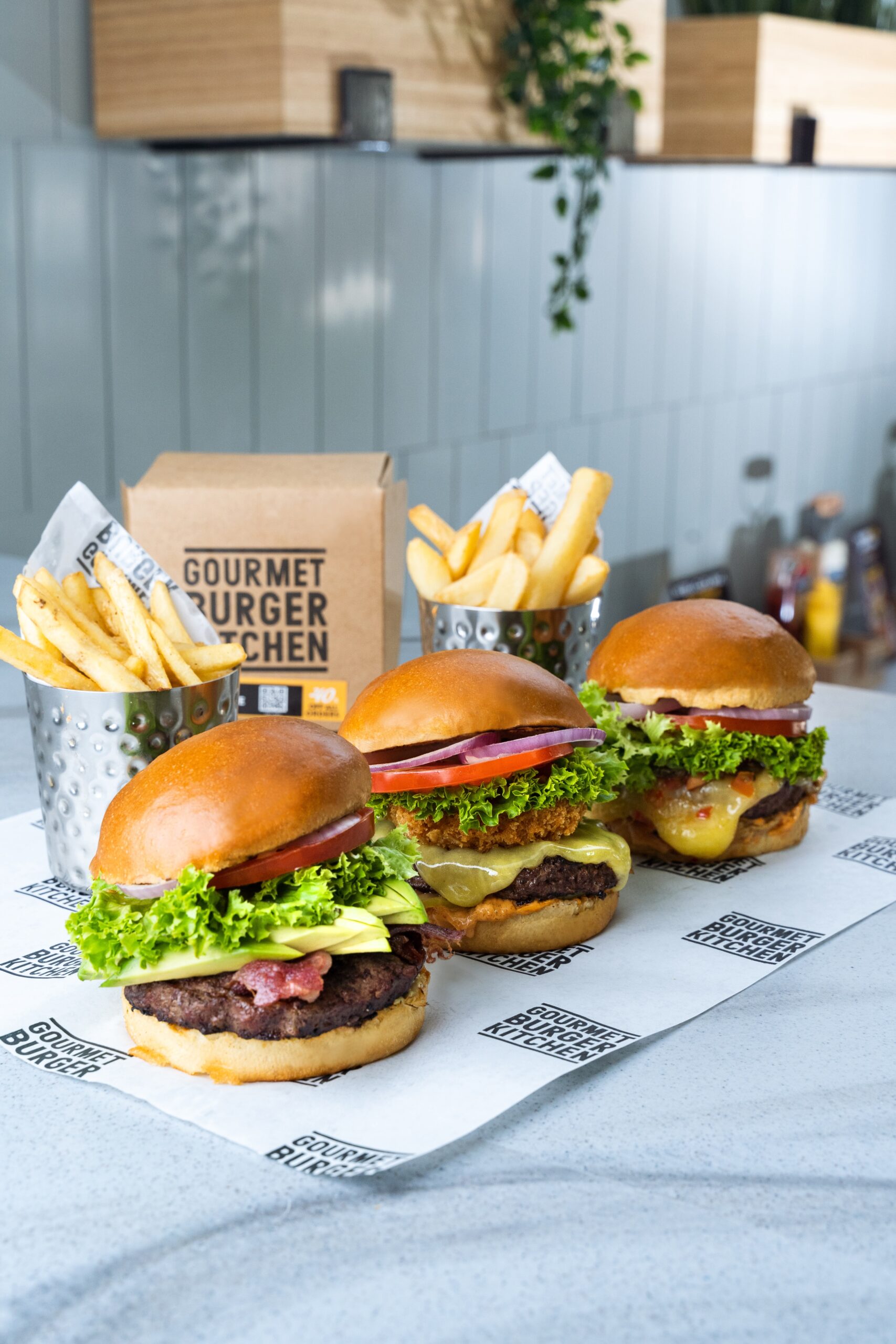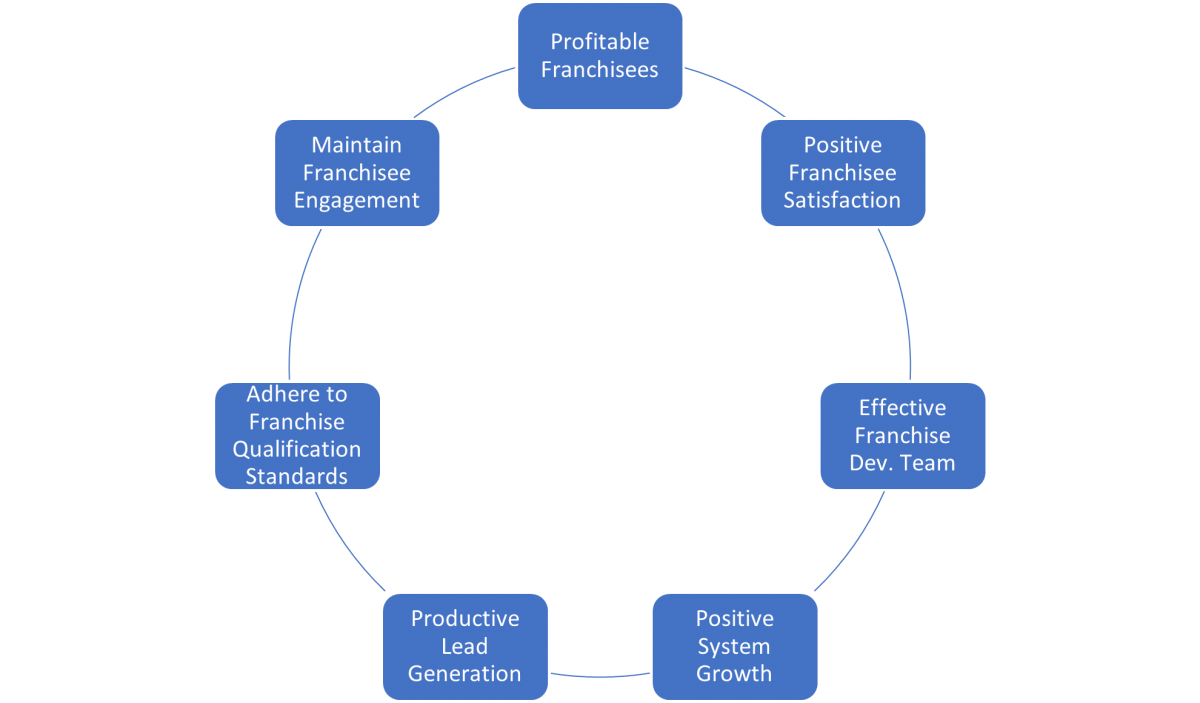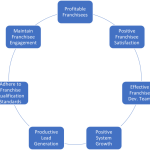Photo by Gerd Altmann: https://www.pexels.com/photo/success-text-21696/
Franchises are the number one way new entrepreneurs start a business. A franchisee can take advantage of a proven system, brand recognition, and access to capital. But, in return, they must spend time learning about their industry, develop relationships with suppliers and customers, as well as adhere to strict standards set by the franchisor.
What Qualities Contribute to the Success of a Franchisee
By Gary Occhiogrosso – Managing Partner, FranGrow
I get asked this question often. Of course, many factors go into the formula. Yes, it’s true: not every franchise owner is cut from the same cloth. It seems that we have an entrepreneur for every niche and industry. That’s why franchising has no one-size-fits-all approach; what works for one person might not work for another!
What brings success to one franchisee may not necessarily be what brings success to someone else. But, of course, there are some common traits among successful franchisees. Successful franchisees come in all shapes and sizes, but having the right qualities will help them succeed. Successful franchisees are not afraid of failure. They understand that it is an inevitable part of the journey and know how to deal with it. They also realize that there are no shortcuts to success; if you want something, you have to work hard for it every day. These Qualities and Skills include:
Experience
A clear advantage of being a franchisee is the knowledge and experience you can gain from your franchisor. While it’s not always possible to have previous business experience, there are ways to be sure that you are prepared for this new venture.
For example, many people find that an apprenticeship helps them learn about their chosen industry. If you don’t have professional experience similar to what the franchise offers, taking a class at a local college or university may be just what you need before diving into your new venture. An apprenticeship program allows students to learn on the job while receiving regular feedback from their employers or instructors while earning money. The best part? Apprenticeships can often lead to full-time work after graduation! Considering becoming a franchisee, believe many things before signing on the dotted line. For example, you should be sure that the franchisor is experienced and has a good reputation in the industry. You should also ensure that they offer training classes for new franchisees and ongoing support for your business once it’s up and running.
A Relentless Work Ethic
In the world of franchising, work ethic is a combination of hard work and passion for your business. You need to be able to put in long hours to get things done, handle stress and conflict within your staff, and know when you need help with something. In addition, a relentless work ethic means being smart enough to know when you don’t have all the answers.
The best franchisees are constantly learning, not just about their business but also about the industry and how it works. As a result, they don’t rely on others to do their jobs; they take responsibility for their success or failure.
Motivation
Motivation comes in many forms, but motivation is not a fixed attribute of a person. Instead, it is an emotion that comes when you’re starting to do something and keeps you going as you finish the task.
Motivation can come from within or without. Some people are naturally motivated to achieve goals. In contrast, others need external incentives (such as money) to complete something. While some people have both types of motivation, others may only be motivated by extrinsic or internal factors. The trick is figuring out how each person uses their unique style of inspiration so that they will succeed with your franchise business model and continue achieving. The goal for every franchisor is to find ways for their franchisees to stay motivated after opening up shop. This way, franchisees remain fired about what they’re doing, as do all their employees! The best way to keep your franchisees motivated after opening is by letting them know that you’re still there for them. Being available for your franchisees doesn’t mean calling them every day; it means making sure that when they need help with something, you’re able to provide it. Depending on your franchise’s business model, this could be anything from giving marketing tips or advice on how to run a successful business.
They are Innovative
An innovative franchisee will be able to think of ways to make their business stand out from the competition. They may also develop ways to improve efficiency or help attract more customers. An idea can be as simple as a new advertising campaign, or it could be something like a product that is better than what’s currently offered in your industry.
To get innovative ideas, you must begin by following the basic steps of brainstorming: define an issue and gather information on it, generate ideas on how to solve it, evaluate those ideas against one another and others’ opinions, then choose which ones are best suited for implementation. Once you’ve decided on an approach (or several), you’ll need input from trusted advisors before implementing them into your business plan so that they’re practical and professionally sound. When you’re ready to move forward with your idea, it’s crucial to have a plan for what steps you’ll need to take next. A plan will ensure that you don’t waste time or money on something that won’t work or that isn’t feasible within your budget.
They are Tireless
Tireless is a word that describes someone who works hard but doesn’t get tired. Being tireless is essential in any business because you will most likely fail if you don’t work hard enough and stay on top of things. Here are some examples of what it means to be tireless: Don’t stop working until the job is done. If an area of your business could use improvement, take the time to improve it even if it takes longer than expected or seems like more work than intended at first glance. The only way for your franchise to succeed is for every part to run smoothly and efficiently, so never let up on improving yourself as an owner—even if you already feel like everything is perfect!
They Always Follow The System Set Up by the Franchisor.
Following the franchise system ensures that all franchisees follow a standardized set of rules which prevents one location from being treated differently than another just because they don’t quite know how things work yet (and this makes them less likely to succeed). It also ensures consistency across all sites, so no matter where customers go, they’ll receive similar experiences every time – which helps build trust between them and their favorite brands. Don’t take shortcuts or do things the company doesn’t want you to do. The system should be designed to ensure success and prevent mistakes. If there’s a way to do something more efficiently or effectively than what’s laid out in your franchise’s system, then make sure you’re not doing it. When you’re a franchisee, you are part of the system. You must follow the rules and regulations set forth by your parent company. If you’re not willing to do that, then it’s probably not a good idea for someone like you to become a franchisee in the first place. Franchisees must be able to work with others; they cannot function as lone wolves who have no regard for other people or their feelings. Instead, a successful franchisee can take direction from those above them and guide those below them in the hierarchy of any given company. A successful franchisee is someone who can work well with others. They are not lone wolves, and they have no disregard for other people or their feelings. Instead, a successful franchisee can take direction from those above them and guide those below them in the hierarchy of any given company.
Successful Franchisees Know When and How To Ask For Help.
A good franchisee is always looking for ways to improve their business. Sometimes, this means asking for help from other franchisees or the franchisor. By recognizing that there are people out there who have more experience than you do, you’ll be able to grow your business faster and become a better leader in the process.
Working with your peers: Franchisees often feel alone in their respective territories when starting on their own without the support of corporate office staff. Having other franchisees nearby gives them a sense of community, making starting up easier. It also allows them to play off each others’ strengths—for example, one may specialize in sales while another excels at marketing—so they can complement each other’s skillsets much like employees would in an office setting.
. The franchisor will likely have a community of franchisees where you may draw information. However, it’s still up to you and other franchisees to get together and make connections.
They Engage With Their Community.
Being able to help out and be part of your community doesn’t just make you look good; it also helps build trust and goodwill with your customers and strengthen your position in the market over time. It’s not just about being charitable – although charity sponsorships have their rewards – it’s about contributing something meaningful to local events or causes, whether they be arts-related or sports related. It may even come down to simply getting involved in things like recycling programs, helping keep your neighborhood clean and safe through litter pick-ups, or volunteering at schools or civic buildings around town.
The important thing is that you are a community member, not just an employee. If you can show people that you care about where they live, chances are they’ll care more about where they buy their coffee too.
They Understand How Advertising and Marketing Work.
Marketing is a critical component of any business, whether a franchise or not. A good marketing strategy can help you to stand out from the competition and increase sales. However, it should be based on the needs of your local market, so it’s vital that you understand how advertising and marketing work and how to promote your local franchise to stand out in the marketplace.
You may need to create an effective marketing plan if your franchisor doesn’t provide one for you. Still, many will give you templates from which to work or provide some guidance on developing an effective plan for your business model. If this isn’t possible, there are many online resources where you can find advice about what makes for successful marketing campaigns based on different industries. When developing your marketing plan, the first thing to consider is what type of franchise you are running. How does it differ from other businesses in the same category? If your business is a franchise, then there will be some elements set by the franchisor and others that you can decide for yourself. You can also look at how competitors market their franchises to get ideas.
Successful Franchisees Also Enjoy Being The Boss and Seeing Their Businesses Grow Over Time.
They like the independence that comes with owning a business. Still, they know what they are getting into before signing on as a franchisee. You have to be willing to work long hours for your business to succeed. This can sometimes mean missing out on time spent with friends or family members who don’t understand why some things need doing now rather than later!
However, if you are a person who enjoys being their boss and having a successful business to show for all of your hard work, then becoming a franchisee might be the perfect opportunity for you. If this sounds like something that could interest you, contact our team today for more information about how we can help!
And Lastly, They Have The Proper Capital
Capital is the amount of money you need to start your business. Of course, as a franchisee, some capital will be required to get started, but there are other ways of raising capital. For example, you can approach investors or apply for loans from banks or financial institutions like credit unions.
* Where do I find capital?
* How much do I need?
* How do I raise money?
The amount of capital you need will depend on the type of business you want to start. For example, suppose you’re planning on opening a small retail store or restaurant. In that case, you may only need $10,000 or less in startup capital. On the other hand, if your idea is more complex and requires additional equipment or facilities, you may need between $50,000 and $500,000.
Conclusion
When you sign up with a franchise, they expect you to be committed long-term. Not only does this mean investing money upfront (between $50K-$150K depending on what type of business), but also sticking with it through periods when profits might not come quickly. Such as during the startup phase when everything seems chaotic before systems are correctly implemented or when dealing with setbacks like natural disasters or poor economic conditions affecting customers’ ability to afford products/services being offered by competitors too! If you aren’t willing to put in the hard work upfront, don’t try a startup business because failure rates are high among new entrepreneurs who jump into entrepreneurship without knowing what they are doing.
Franchises are the number one way new entrepreneurs start a business. A franchisee can take advantage of a proven system, brand recognition, and access to capital. But, in return, they must spend time learning about their industry, develop relationships with suppliers and customers, as well as adhere to strict standards set by the franchisor. These requirements differ from starting your own company from scratch but offer many benefits, making them attractive options for businesses seeking growth.
TO LEARN MORE ABOUT SUCCESS IN THE FRANCHISING INDUSTRY CLICK HERE WWW.FRANGROW.COM











